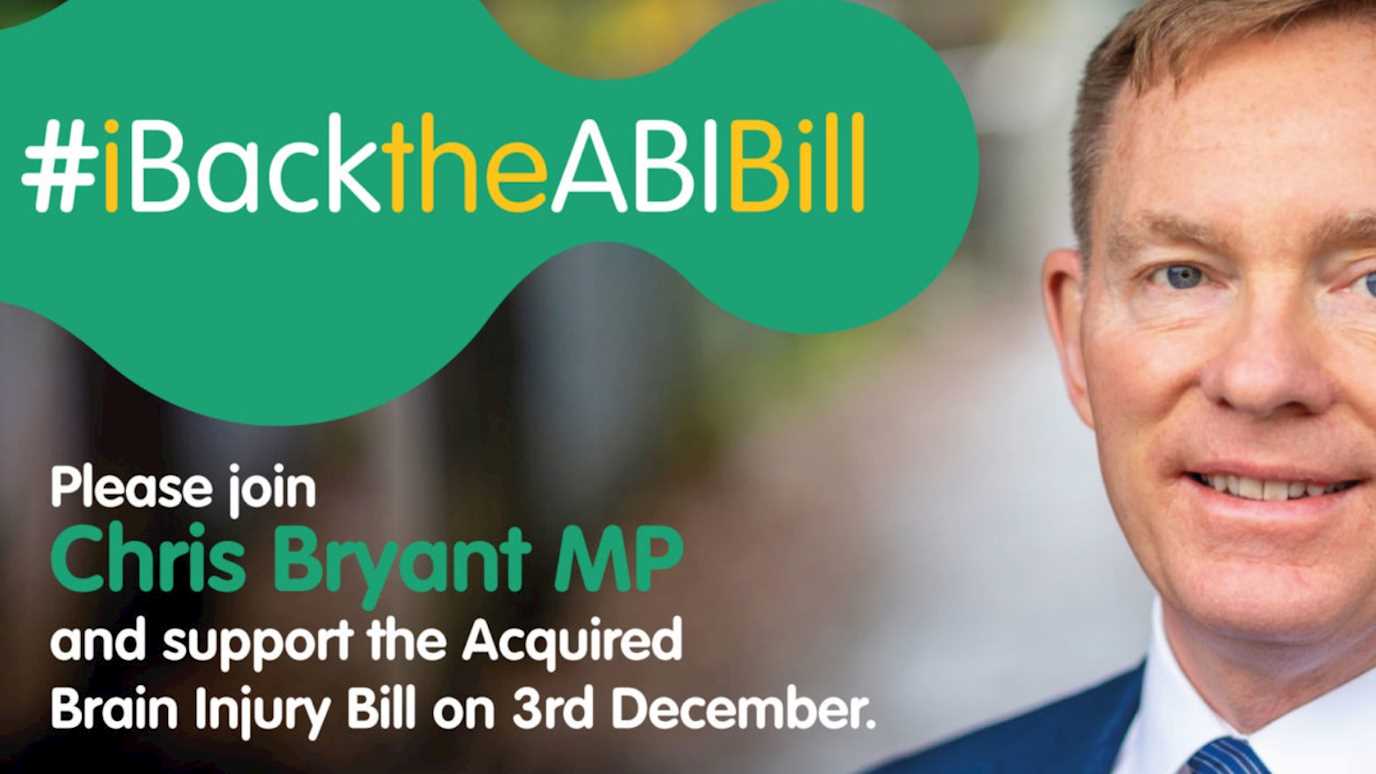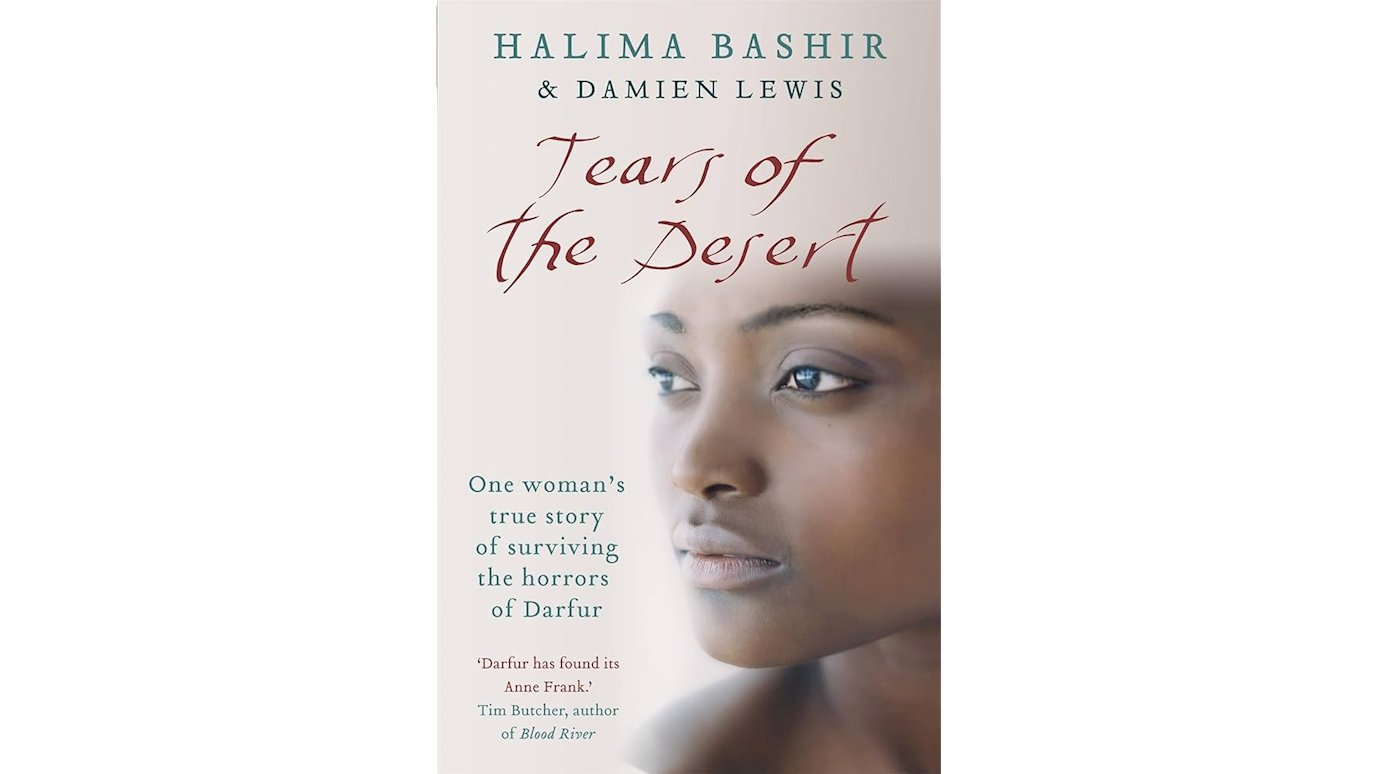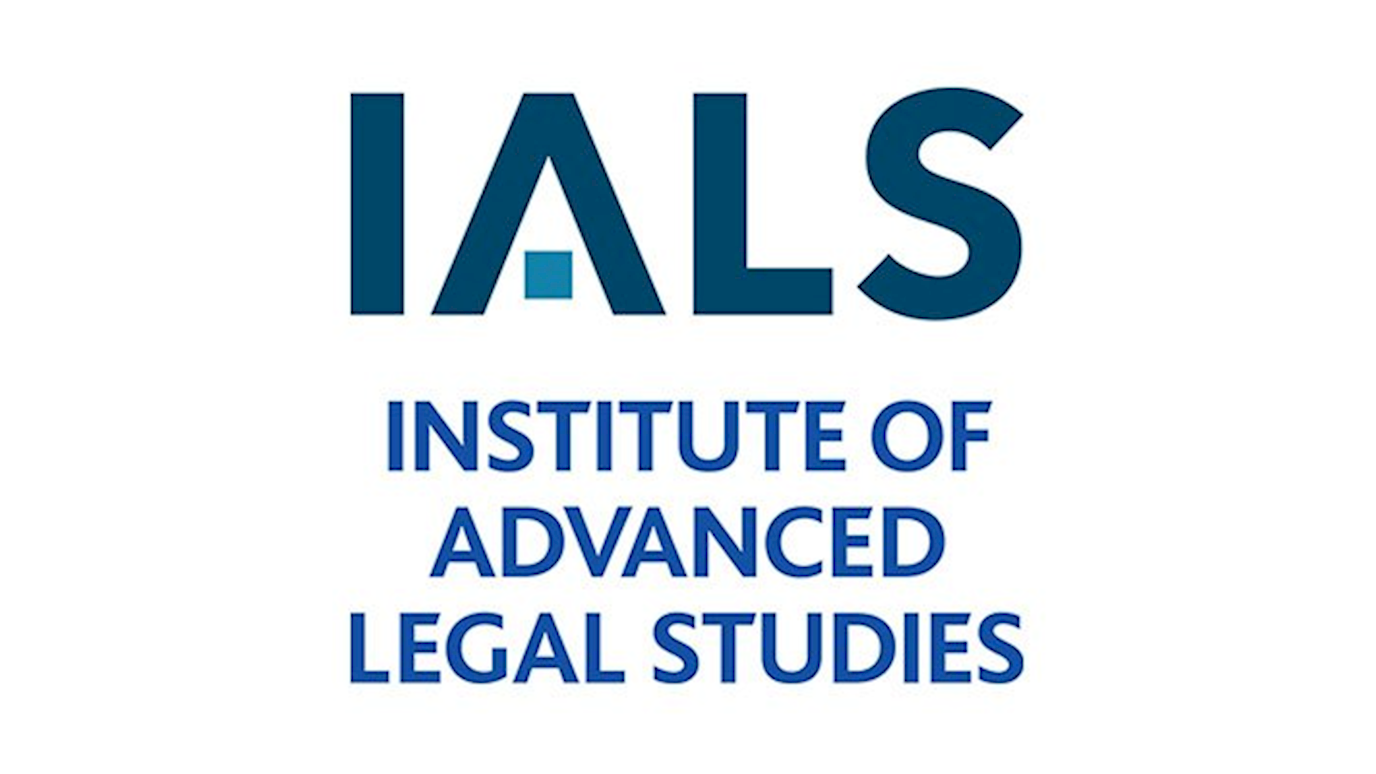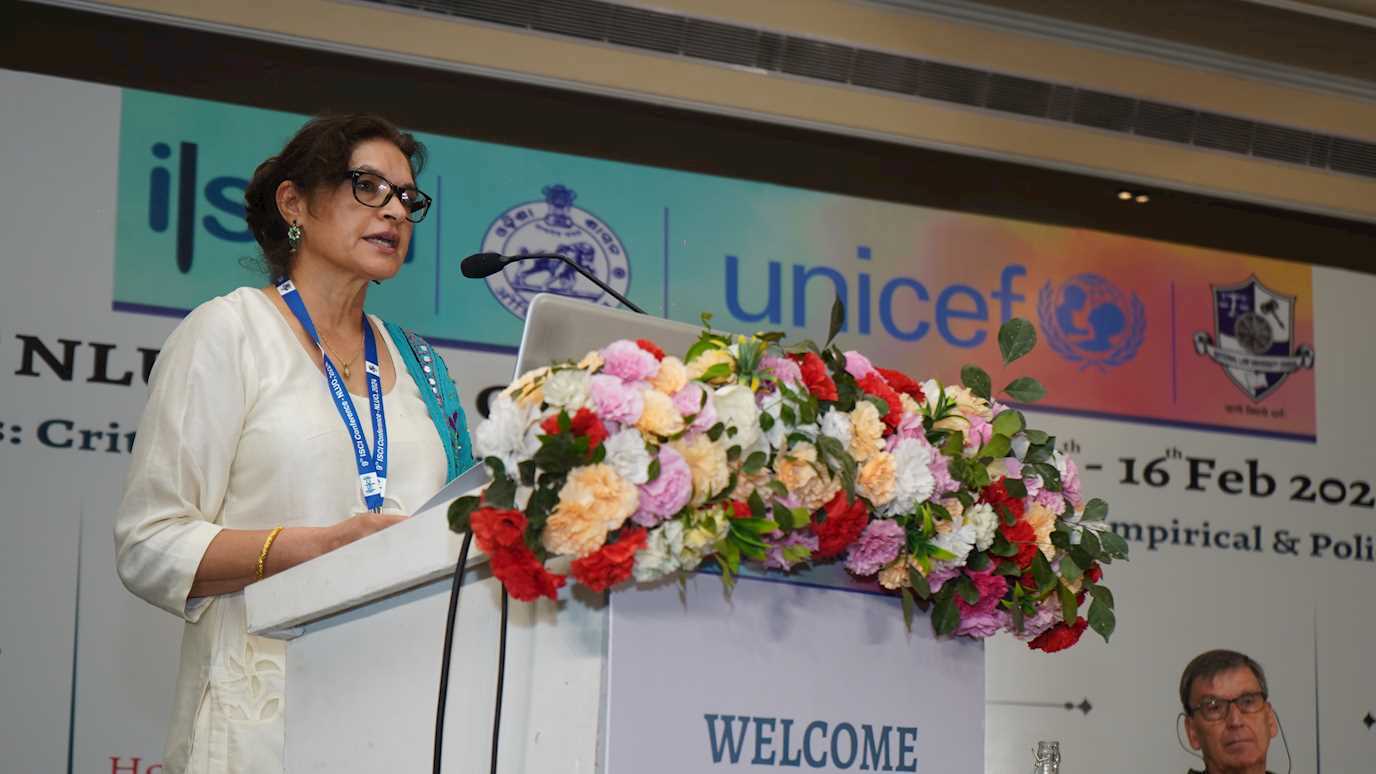The Prime Minister was asked on 15th November 2021 to support a House of Commons Bill which commits the government to prepare and publish a strategy to meet the needs of all children and adults with an acquired brain injury.

The Acquired Brain Injury Bill was supported by Dr Emily Glorney, Senior Lecturer in Forensic Psychology, who led a research team (including Dr Anastasia Jablonska, Dr Serena Wright, Professor Nick Hardwick, Professor Rosie Meek – all in the Department of Law and Criminology – and Professor Huw Williams of Exeter University) exploring the issue of traumatic brain injury among women in prison. A key finding of the research was that women sustained brain injuries through intimate partner violence victimisation, which gained national attention. Subsequent to and alongside this research there was a growing momentum of awareness of the importance of identification, screening of and intervention for people of all ages and genders for acquired brain injuries. This national awareness led to Chris Bryant MP repeatedly engaging parliament in debate on the issue of acquired brain injury, and the progression of the House of Commons Bill on Acquired Brain Injury.
Over 200 MPs, acquired brain injury charities, survivors and other providers (Including Dr Glorney at Royal Holloway, University of London) signed a letter to the Prime Minister urging him to support Chris Bryant MP’s Acquired Brain Injury Private Members’ Bill, which hopes to receive its second reading in the House of Commons on Friday 3rd December.
Acquired Brain Injury is a leading cause of death and disability affecting over 1.3 million people and costing £15 billion to the UK economy each year. Chris Bryant MP commented that the Bill “asks the government to prepare and publish a strategy so that there is cross-departmental working to meet the needs of everyone with an acquired brain injury. I know this will make a huge difference to many people and hope the Prime Minister will listen to those affected and take action”.
























